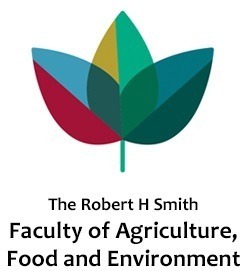Citation:
Date Published:
2017 JulAbstract:
Silicate minerals are dominant soil components. Thus, plant roots are constantly exposed to silicic acid. High silicon intake, enabled by root silicon transporters, correlates with increased tolerance to many biotic and abiotic stresses. However, the underlying protection mechanisms are largely unknown. Here, we tested the hypothesis that silicon interacts with the plant hormones, and specifically, that silicic acid intake increases cytokinin biosynthesis. The reaction of sorghum (Sorghum bicolor) and Arabidopsis plants, modified to absorb high versus low amounts of silicon, to dark-induced senescence was monitored, by quantifying expression levels of genes along the senescence pathway and measuring tissue cytokinin levels. In both species, detached leaves with high silicon content senesced more slowly than leaves that were not exposed to silicic acid. Expression levels of genes along the senescence pathway suggested increased cytokinin biosynthesis with silicon exposure. Mass spectrometry measurements of cytokinin suggested a positive correlation between silicon exposure and active cytokinin concentrations. Our results indicate a similar reaction to silicon treatment in distantly related plants, proposing a general function of silicon as a stress reliever, acting via increased cytokinin biosynthesis.

